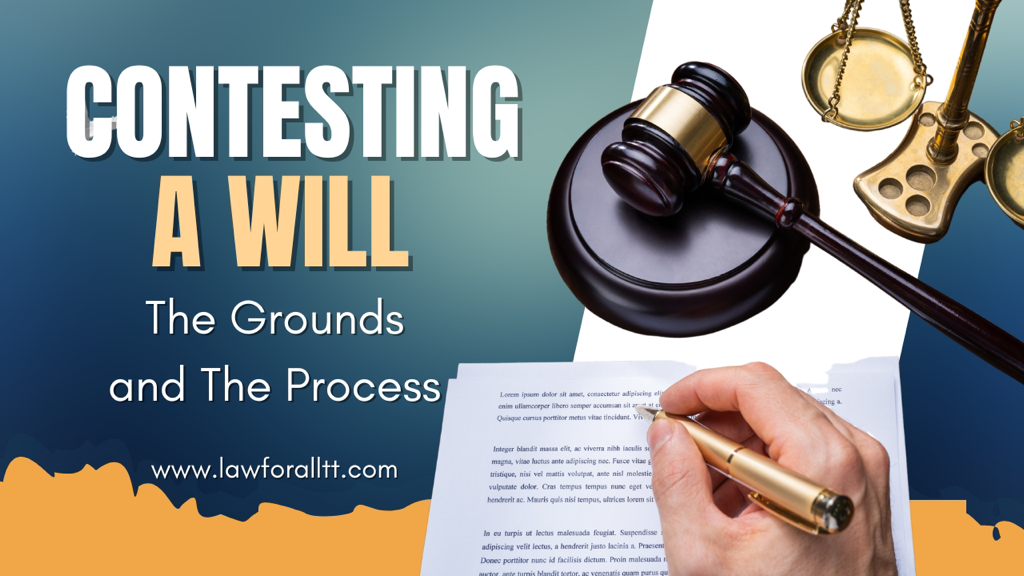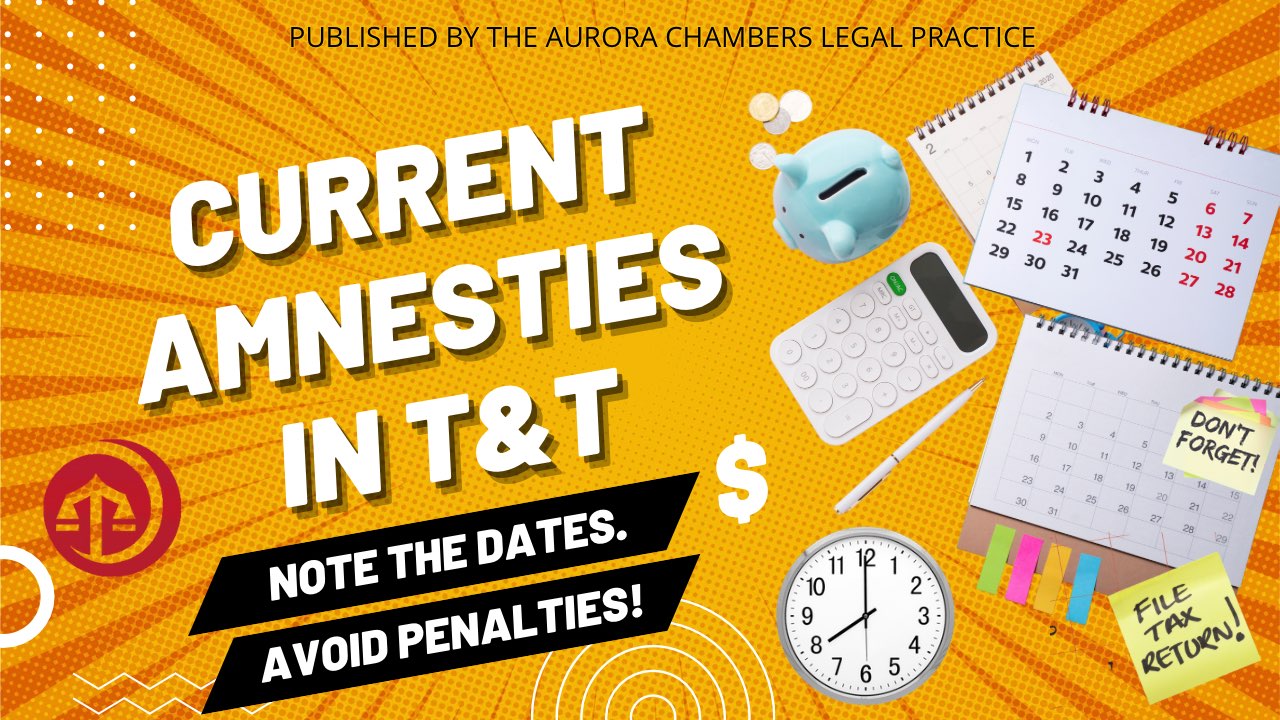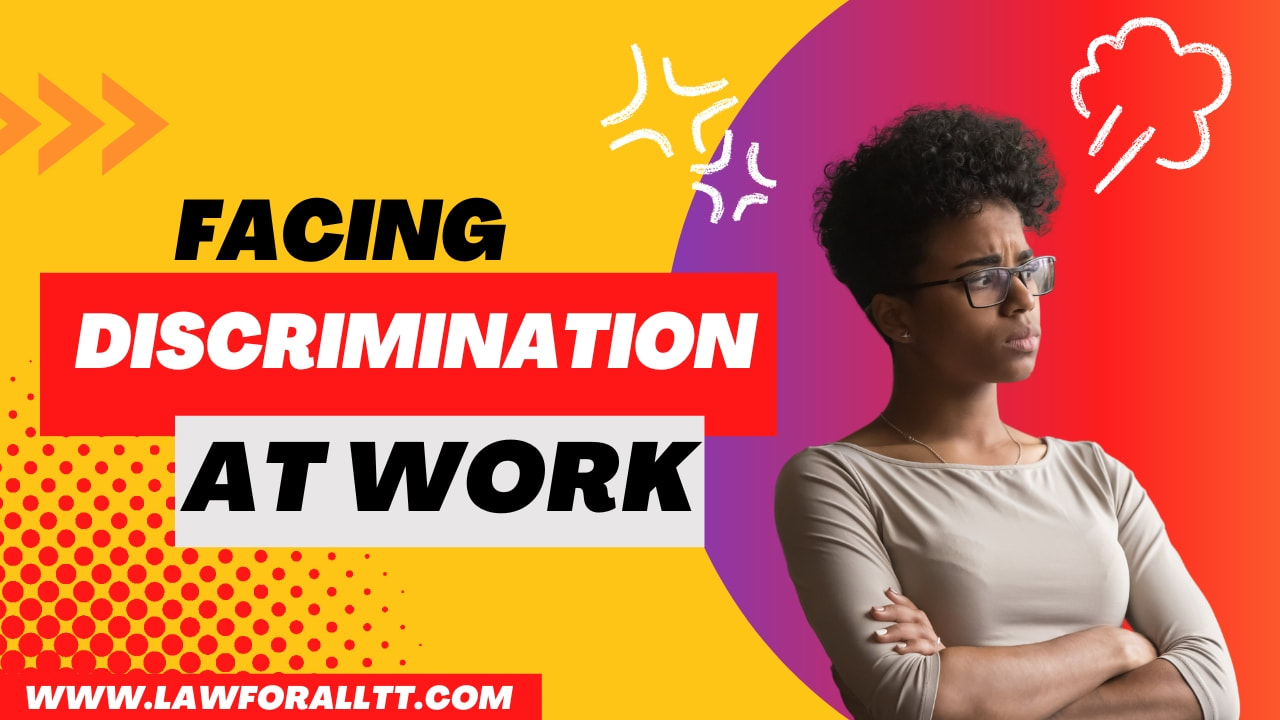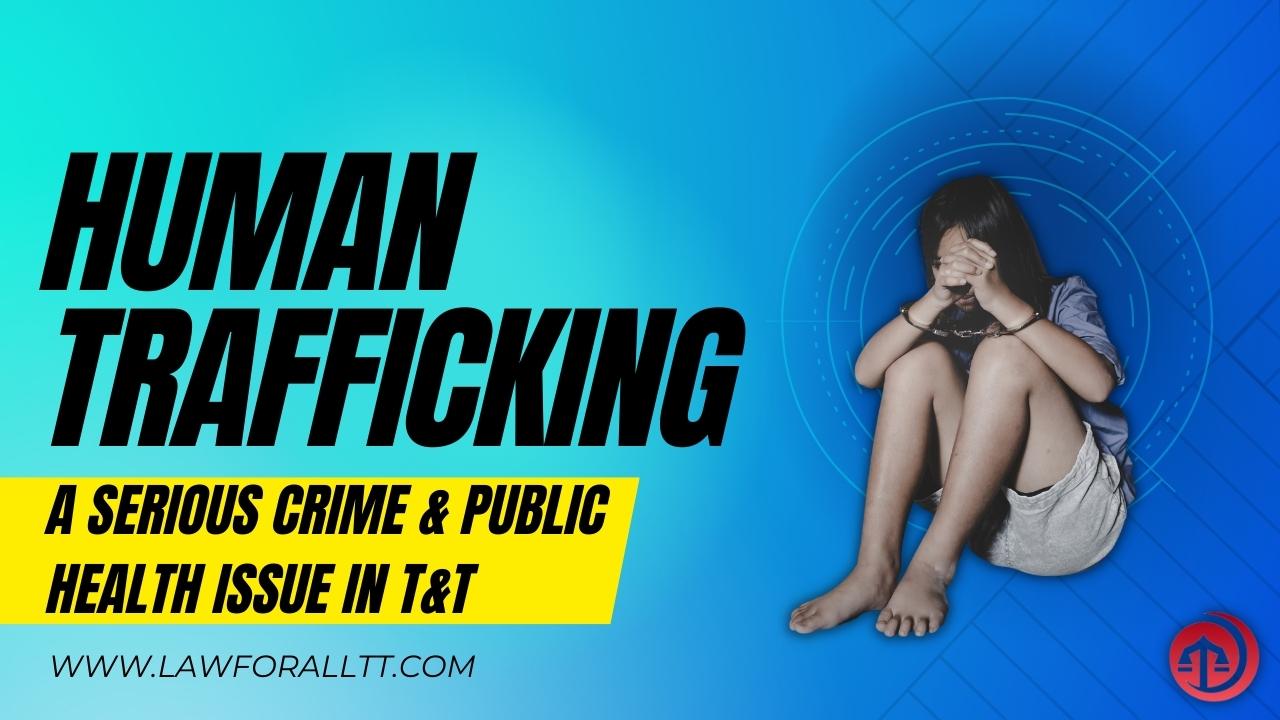|
The death of a loved one is a difficult time and situations in which a will is contested can be an additional burden. In Trinidad and Tobago, there are specific legal grounds, procedures, and considerations that must be understood before embarking on this journey. In this article, we will explore the key aspects of contesting a will in Trinidad and Tobago.
2 Comments
Whether you wish to correct an error in the birth registration or want to change your child's name for other reasons, it's essential to understand the steps involved. In this guide, we will outline the methods and the process for changing your child's name in Trinidad and Tobago. In Trinidad and Tobago, a pre-action letter, also known as a pre-action protocol letter, is a crucial step in the legal process, particularly in civil cases. It is a letter made pursuant to the Pre-Action Protocols of Trinidad and Tobago’s Civil Proceedings Rules. These letters serve as formal notices to the opposing party before initiating legal proceedings and are designed to encourage dispute resolution, facilitate communication (for the exchange of early and full information about the prospective claim) and potentially prevent costly litigation or if litigation cannot be avoided, to support the efficient management of the court proceedings. This article explores what to do if you receive a pre-action protocol letter.
Contracts are essential in both personal and business transactions, serving as legally binding agreements that outline the rights and responsibilities of the parties involved. Generally, Trinidad and Tobago law imposes no formal requirements and looks simply for an agreement between two parties. Consequently, contracts generally do not have to be put into writing, or be signed, nor does any particular form of words have to be used. However, it is important to recognise that omitting these elements can complicate the determination of whether an agreement exists and its associated terms. To ensure the validity of your contract under Trinidad and Tobago law, it's crucial to consider key elements and factors. This guide aims to walk you through the steps to make a legally valid contract in Trinidad and Tobago. By media release published on 30th April 2023, the Judiciary of T&T announced that it has arranged with the National Lotteries Control Board (NLCB) to sell its vouchers to facilitate the payment of fines and fees. As of May 1st, 2023, there will be two different CourtPay Vouchers available for purchase from the NLCB: 1. CourtPay Maintenenace Voucher; and 2. CourtPay Fines and Fees Voucher. If someone slips and falls on a wet floor while at the supermarket or at the mall or falls down a faulty staircase inside a commercial building can he or she be compensated? We encourage our clients to ensure their businesses are fully compliant under the laws of Trinidad and Tobago; this includes meeting company filing requirements at the Companies Registry and meeting tax requirements at the Board of Inland Revenue. Presently, there are amnesties at both the Companies Registry at the Ministry of the Attorney General and Legal Affairs and at the Board of Inland Revenue at the Ministry of Finance. These amnesties give businesses and individuals the chance to submit late filings without having to pay any accompanying late fees or penalties.
There is a legal responsibility on parents, whether married or unmarried, to maintain dependent children. Child maintenance can make a real difference to children as it can help pay for food, clothing, education and other essentials. It is meant to cover the day-to-day living and general upkeep of the minor child/children. But how does one go about getting maintenance for a child in Trinidad and Tobago?
Imagine you have applied for or you are employed by a person, company or organisation and you have been experiencing unfair treatment from that potential or current employer. What solutions or remedies are available in Trinidad and Tobago when such a situation arises? Here are 7 things you should know if you believe you are facing discrimination in the workplace.
Social Development and Family Services Donna Cox recently stated that citizens must acknowledge that “human trafficking is both a serious crime and a public health issue.” The prevalence of human trafficking in T&T is often reflected in our local news stories. Most recently a Venezuelan man was charged with a series of human trafficking related offences after he was arrested by police in Santa Flora, Trinidad. But what exactly is human trafficking? Where is it likely to happen? Who are the most vulnerable to this kind of crime? And what are the legal consequences of trafficking persons in T&T? |
Categories
All
Archives
April 2024
|
LawForAllTT.com |
|




















 RSS Feed
RSS Feed